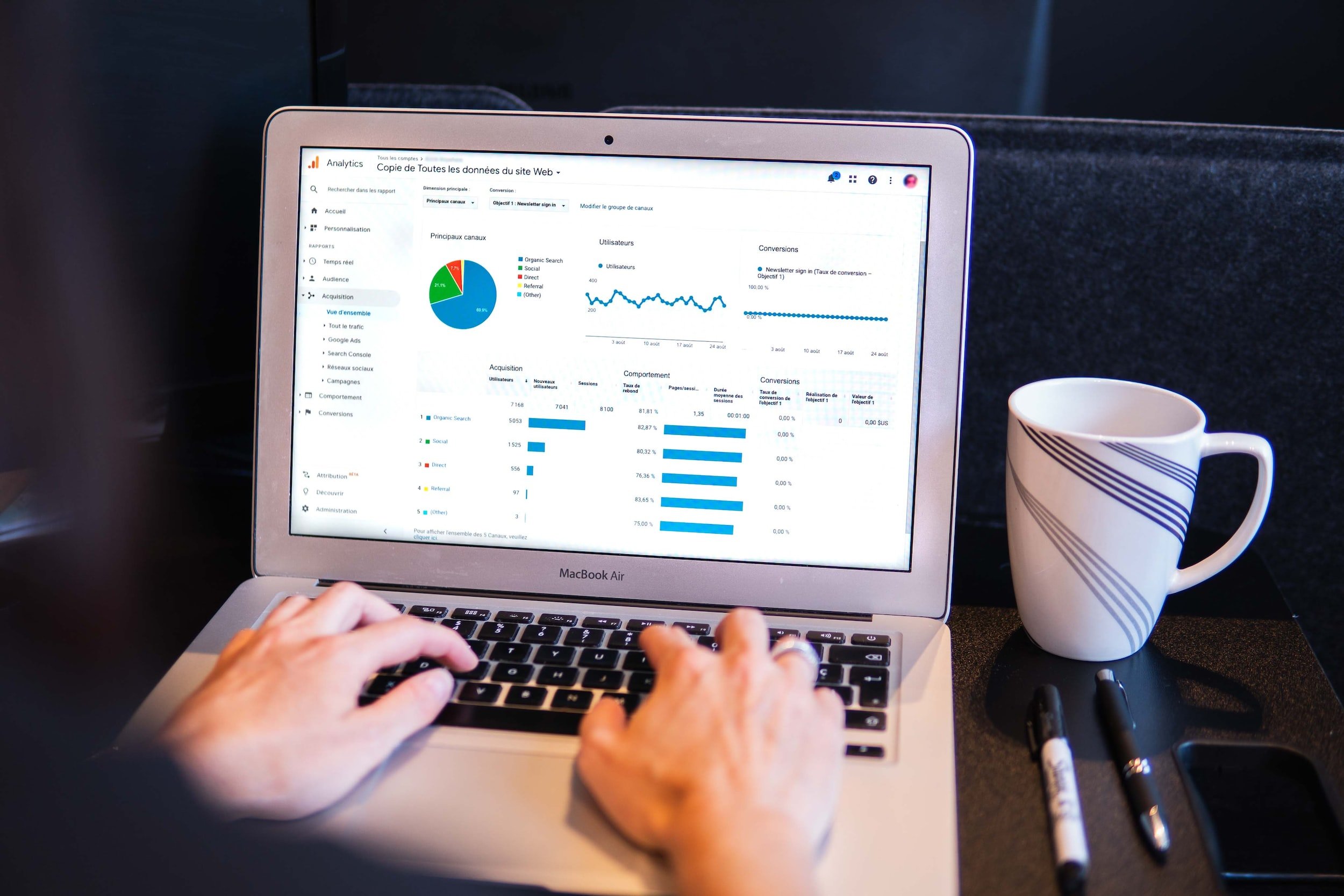Big Data & The Business Analyst
/Imagine a service that can predict what product you would be interested in, when you would make a purchase and why you would make the purchase... Amazon quickly comes to mind. Companies like Amazon and Google have been able to master the art of collecting data on their customers and transforming this data into useful and actionable information to gain competitive advantage.
One example of an intriguing application of big data is provided by Andrew McAfee and Erik Brynjolfsson in the HBR article, Big Data: The Management Revolution, where they cited the example of Alex Pentland and his team at MIT who used location data from customers' mobile phones to estimate the amount of sales that would be recorded at Macy's on a Black Friday. This was done by calculating the number of cars in the parking lot, even though the transactions hadn’t taken place.
Big data has since been touted as capable of changing the way businesses operate. It is seen as both a paradigm shift and a phenomenon that will change conventional ways of thinking, working and organizing. Big data has the capacity to change how we make decisions and how we see the world. It is certainly not going anywhere anytime soon.
Millions of people leave trails of online data everywhere through their browsing history, sensors on communication gadgets, GPS location data, social media messages and so on. This data grows every day by the second. According to IDC, data is growing at a rate of 50% per year. Companies who can capture this data, process it as quickly as possible and make meaning of it will certainly gain unique insights that will ultimately become a source of competitive advantage for them. The more information a business has on the needs of a customer, the more it can predict the customer's behaviour and respond to their needs proactively. Customers will also be happier for it. Big data empowers businesses to make connections between customer behaviour patterns through predictive algorithms.
With all these data flying around, you're probably thinking there's bound to be a downside. What if individual privacy is thrown out the window? What if data is manipulated and key decisions are made based on wrong data or false inferences? What about information abuse? Others ague that the benefits derived from big data are more for the companies that can make money out of it than they are for individuals.
Despite these downsides, big data is here to stay.
Why Should Business Analysts Care?
Steven Gara's article touches on how big data will create opportunities for Business Analysts. He emphasizes that the requirement to manage big data will redefine the business analyst role, opening up more opportunities for BAs. BAs will be required to provide the story behind the numbers, facts and figures generated from raw data. These new challenges he states, are expected to result in higher compensation for Business Analysts.
The concept of big data is particularly important in the field of business analysis for 2 main reasons:
Its impact on business complexity and
Its impact on the role of the Business Analyst
With the surge of big data, there will be a higher demand for Business Analysts to support the business by:
Defining the data needs of different business areas
Providing relevant facts, figures & justification needed for the business to make informed decisions
Ensuring that the reporting needs of the business are met
Ensuring that the attributes of data, the relationship between data elements and sources of data are defined and mapped.
Transforming data into meaningful information that the business can use in making decisions.
The rise of big data further requires that the Business Analyst work with the business and teams in charge of data to ensure that it is available at the right time, in the right place and to the right people.
Business Analysts will continue to play an important role in ensuring that data is verifiable, comes from the right source and is relevant or applicable to the business area concerned. Business Analysts are also positioned to use their skills to make sense of data and simplify the confusion and complexity that is likely to result from information overload.
Without undermining the importance of experience and intuition, the days of relying exclusively on them are over. Big data has the capacity to revolutionize current ways of thinking, how businesses are managed, how quickly businesses respond and the benefits they are likely to gain from exploiting the opportunities that come with big data.
The anticipated result of all of this data is a world where people can work smarter, more efficiently and are empowered to make superior business decisions backed by the facts gleaned from big data.










Transporting hazardous liquids is a critical operation across industries like chemicals, mining, and agriculture. With growing demand and increasing emphasis on sustainability, businesses are facing heightened challenges and responsibilities in 2025